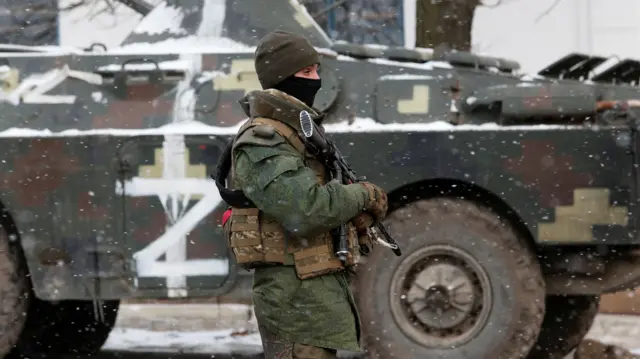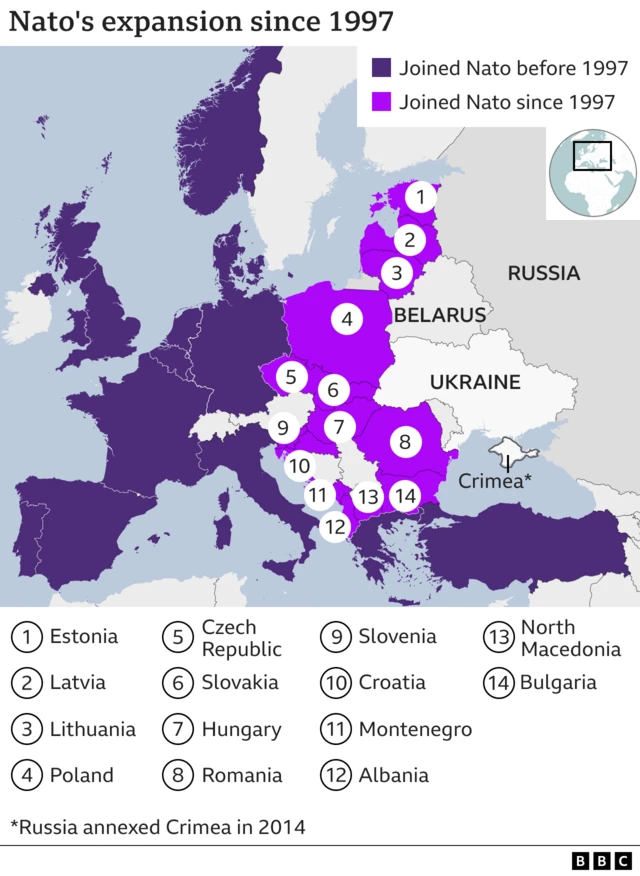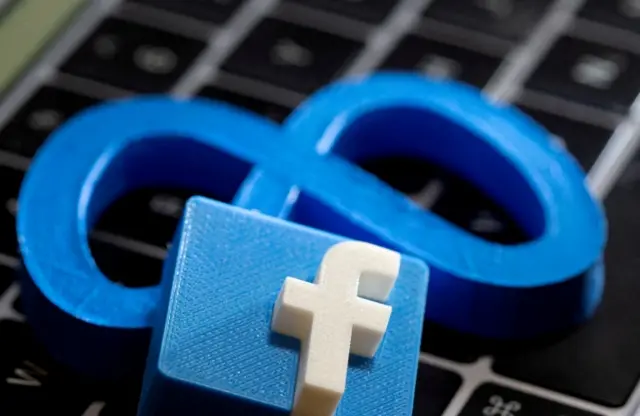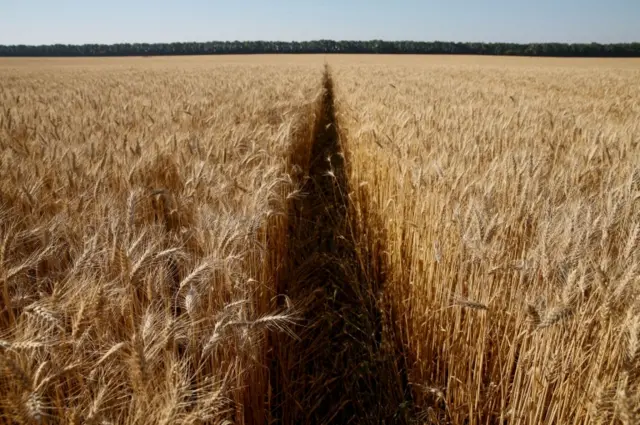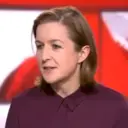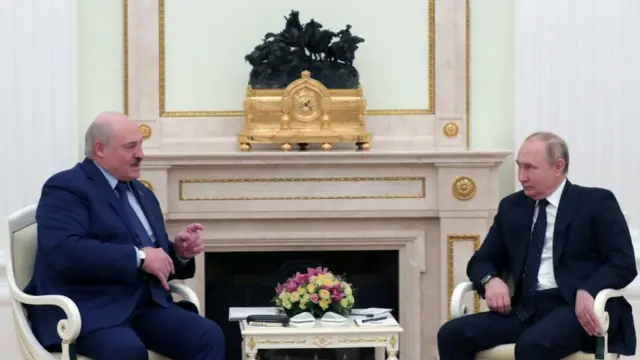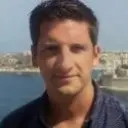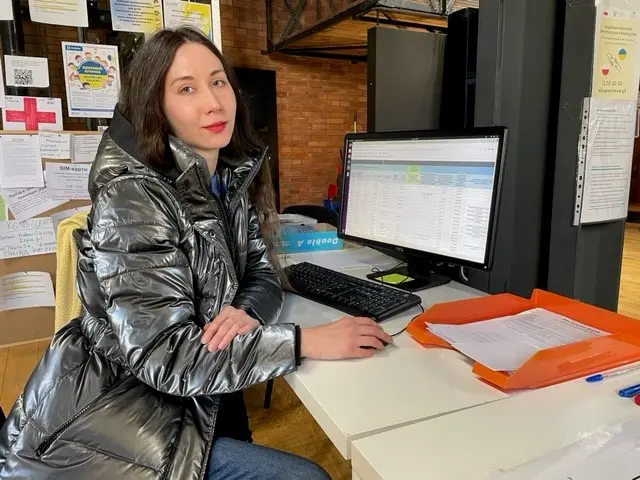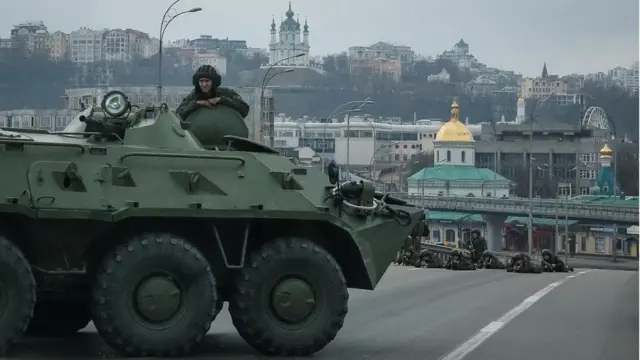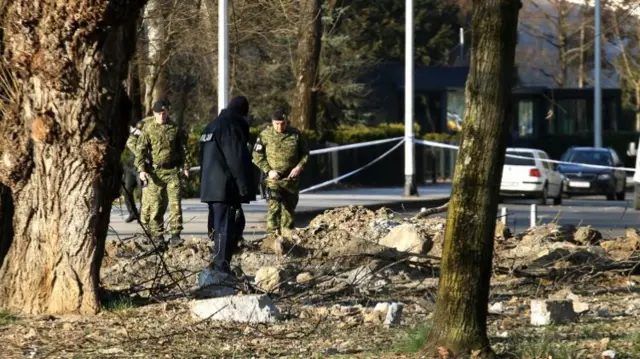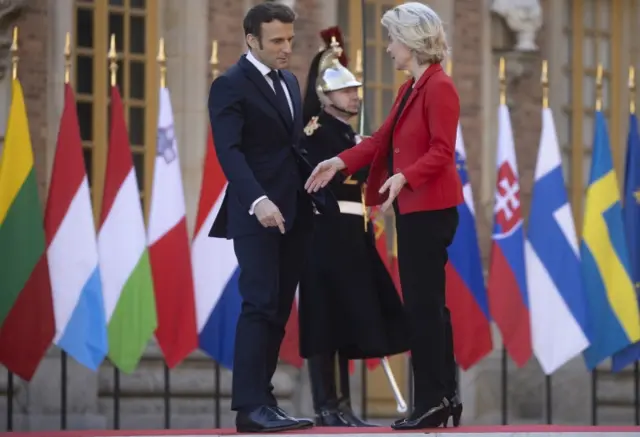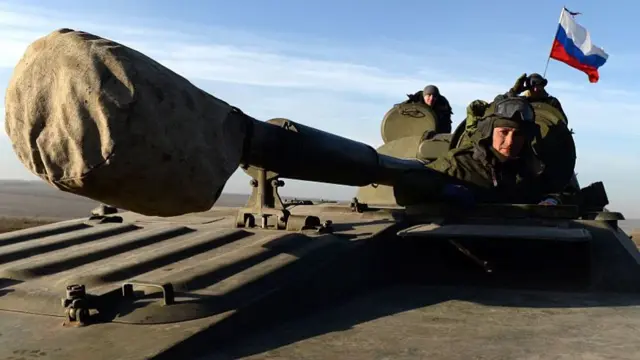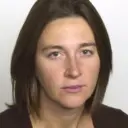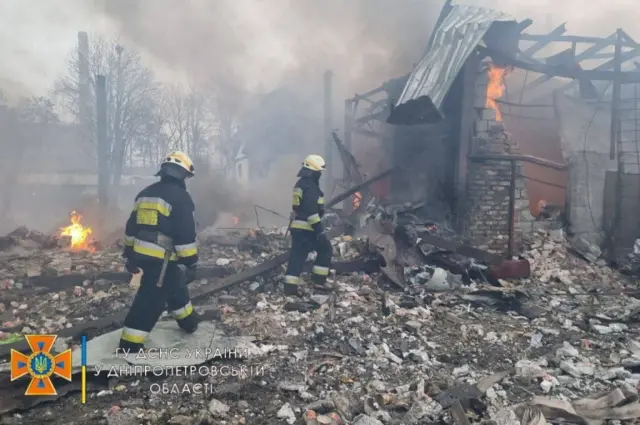
What’s Russia's motive?published at 13:21 GMT 11 March 2022
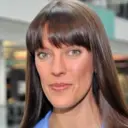 Jenny Hill
Jenny Hill
BBC News, Moscow
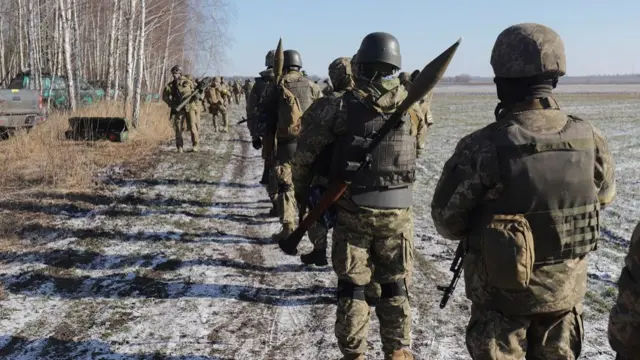 Image source, EPA
Image source, EPAUkrainian troops prepare in Kyiv as Russian troops advance
Karen Keven, who's also in Nigeria, asks: "What’s the motive behind the Russian invasion in Ukraine?"
The truth is we don’t really know for sure.
Vladimir Putin claims that he’s coming to the rescue of Russian speaking populations of eastern Ukraine who are victims of “genocide” (of which there’s no evidence) perpetrated by the government in Kyiv.
He’s demanding that Ukraine officially hand over some territory in the east, including Crimea which he annexed in 2014, to Russia. He also wants Ukraine to give up on its ambition to join Nato.
Does he have wider ambitions? Perhaps. We know he views Nato (and in particular the former Soviet countries that joined after 1997) as a threat to Russian security.
Moscow has demanded changes to Nato's structure - it wants, for example, European countries like Germany which host US nuclear weapons to return them to America.
There are analysts who say we also can’t rule out the possibility that Putin’s nurturing an ambition to re-build the Soviet Union - given how its break-up appears to be a continuing and humiliating source of deep regret for him.

